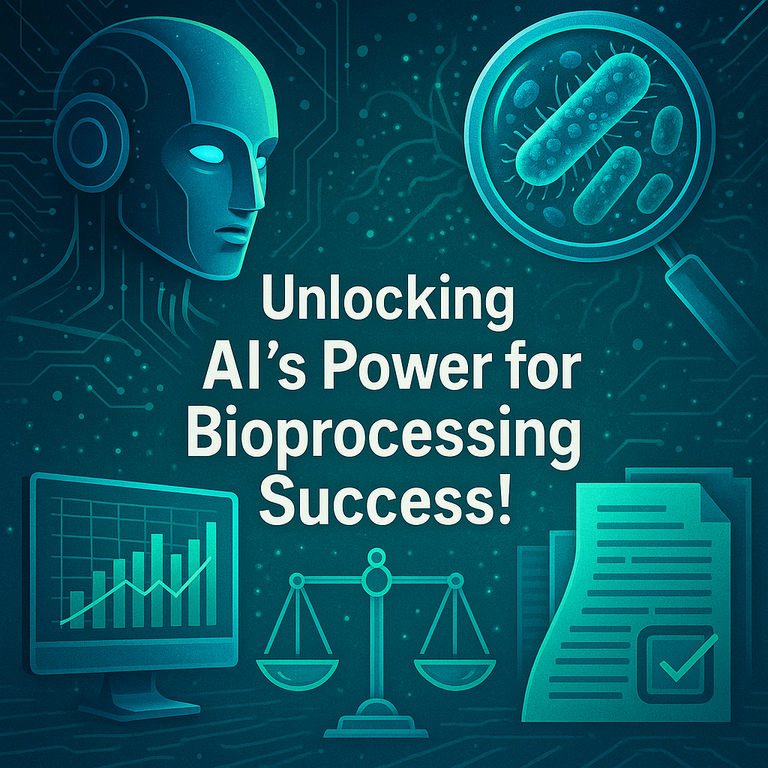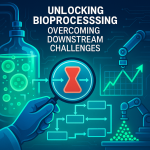🔍 Experts stress understanding its limitations is critical.
📊 AI aids in managing large datasets, enhancing quality control.
⚖️ It’s essential to verify AI-generated results.
📝 Tools can streamline document error-checking and legal analysis.
🚀 Embracing these technologies could lead to better outcomes in bioprocessing.
💡 Cautious innovation is key to maximizing benefits!
Introduction:
The article discusses the potential of generative artificial intelligence (AI) as a tool for enhancing quality assurance processes in bioprocessing. While this technology offers promising capabilities, it also requires a nuanced understanding of its limitations and risks. Insights are provided by Colin Zick, a partner at the law firm Foley Hoag, who advocates for careful evaluation and innovative applications of AI in the field.
- Generative AI has the potential to significantly aid quality assurance in bioprocessing, but it is crucial to recognize its limitations.
- Colin Zick stresses that AIs must be treated as tools and that outputs should always be verified by a rigorous review process.
- The effectiveness of AI in bioprocessing largely depends on the quality of the data utilized to train these systems.
- Practical applications of AI include error checking in documents and conducting legal analyses related to new processes in bioprocessing.
- Emphasizing a quality assurance culture in bioprocessing, Zick encourages the industry to embrace AI as a method to improve workflows and decision-making.
Conclusion:
In summary, while generative AI presents exciting opportunities for bioprocessing quality assurance, its effectiveness is contingent upon understanding and mitigating its limitations. The insights provided by Zick reveal a pathway for integrating AI into established systems, encouraging professionals to explore innovative uses while maintaining rigorous oversight to ensure reliability and accuracy.



